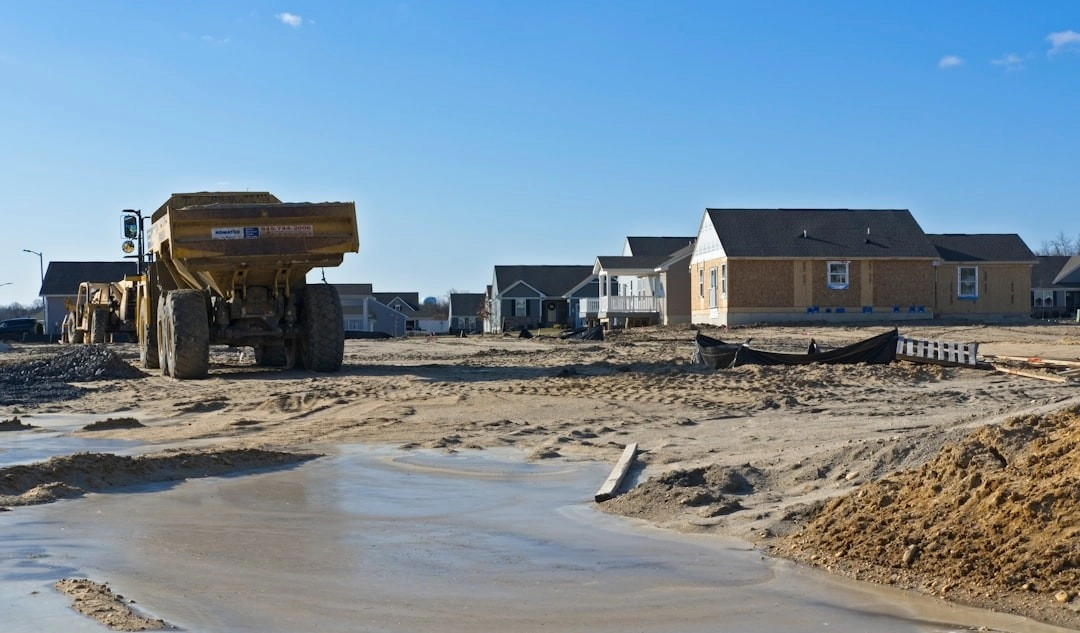When a renovation or build goes sideways in Florida, the path to relief runs through a few core statutes. Below is a concise, practitioner-level roadmap for owners, contractors, and subs.
The Defect Pre-Suit Process (Chapter 558)
Most residential and commercial defect claims must begin with a Chapter 558 notice—a written description of the alleged defects served at least 60 days before suit (120 days for associations with >20 parcels). Recipients get a defined window to inspect and to offer repairs or money; the notice tolls the statute of limitations during the process but not the statute of repose. Contracts should prominently disclose that Chapter 558 applies.
Deadlines to Sue for Defects (Chapter 95)
Florida now applies a 4-year statute of limitations for construction-defect claims and a 7-year statute of repose. The repose runs from the earliest of temporary/regular certificate of occupancy, completion, or abandonment.
Getting Paid (or Protecting the Property): Liens & Bonds (Chapter 713)
-
Notice to Owner (NTO) for those not in privity must be served before starting or within 45 days of first furnishing (and before final payment).
-
Claim of Lien must be recorded within 90 days after final furnishing; serve a copy on the owner before or within 15 days after recording.
-
A lien expires after 1 year unless an enforcement action is filed—owners can shorten this by recording a Notice of Contest (60 days) or filing a show-cause action (20 days).
-
On bonded projects, follow the payment bond procedures (e.g., notice and suit deadlines) instead of foreclosing a lien.
Powerful Owner Tools During a Dispute
-
Demand a Sworn Statement of Account from any lienor; if the owner’s demand complies with the statute and the lienor fails to respond within 30 days, the lienor forfeits lien rights.
-
Request the contractor’s list of subs and suppliers to track who must be paid and who may lien.
-
Challenge inflated liens—willful exaggeration can render a lien fraudulent and unenforceable.
Licensing Matters (Chapter 489)
Contracts by unlicensed contractors are unenforceable by the contractor (and they cannot acquire lien rights for work requiring a license). Always verify licensure and complaint history.
Building Code & Enforcement (Chapter 553)
The Florida Building Code sets minimum construction standards and is enforced at the local level; code issues can support defect claims and permit enforcement avenues independent of the contract.
Action Checklist
If you are an owner facing non-performance, defects, or a lien:
-
Document conditions (photos, video, dated notes).
-
Check licensure and complaint history; consider administrative complaints to DBPR where appropriate.
-
Use Chapter 558 if defects are involved; preserve emergency repair rights.
-
Send statutory demands (sworn statement of account; list of subs/suppliers).
-
Tighten lien timelines (Notice of Contest or show-cause).
If you are a contractor or sub chasing payment:
-
Serve a timely NTO (if not in privity). (Online Sunshine)
-
Track the 90-day lien window and 1-year enforcement deadline; calendar earlier if a Notice of Contest arrives.
-
On bonded jobs, follow §713.23 bond-claim procedures precisely.
-
Respond within 30 days to any owner’s sworn-statement demand to avoid losing lien (or bond) rights.
This post provides general information, not legal advice. Florida construction disputes are deadline-driven; small timing errors can be outcome-determinative. Consult counsel promptly to apply these rules to your facts.


